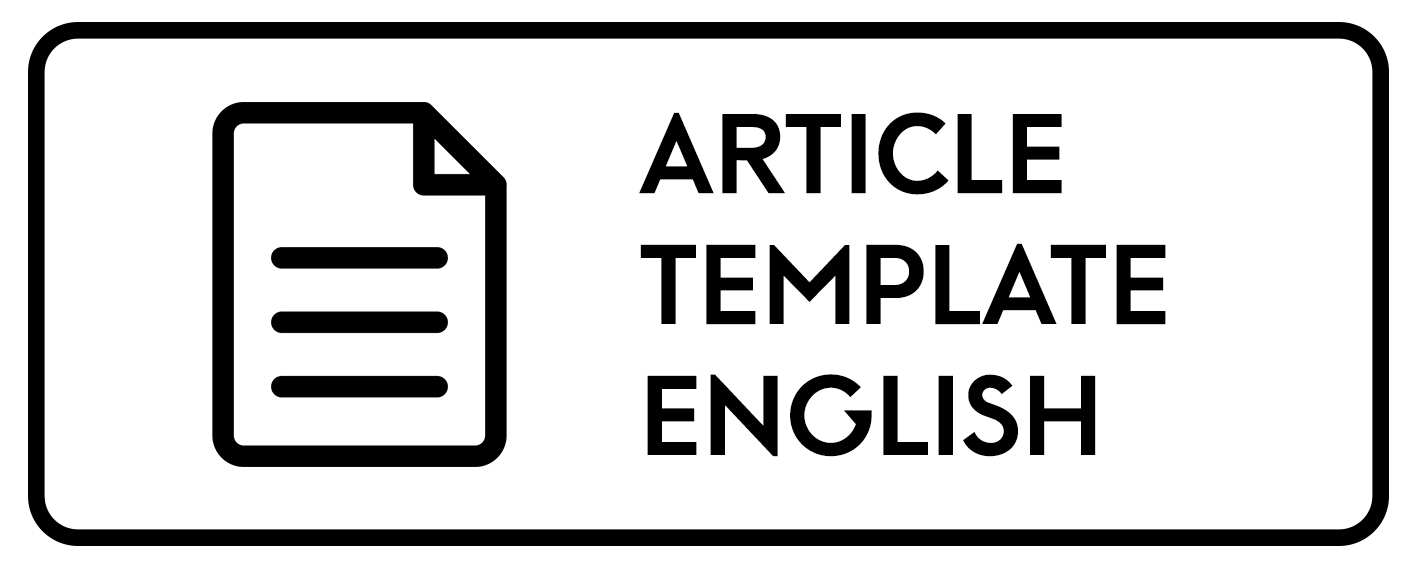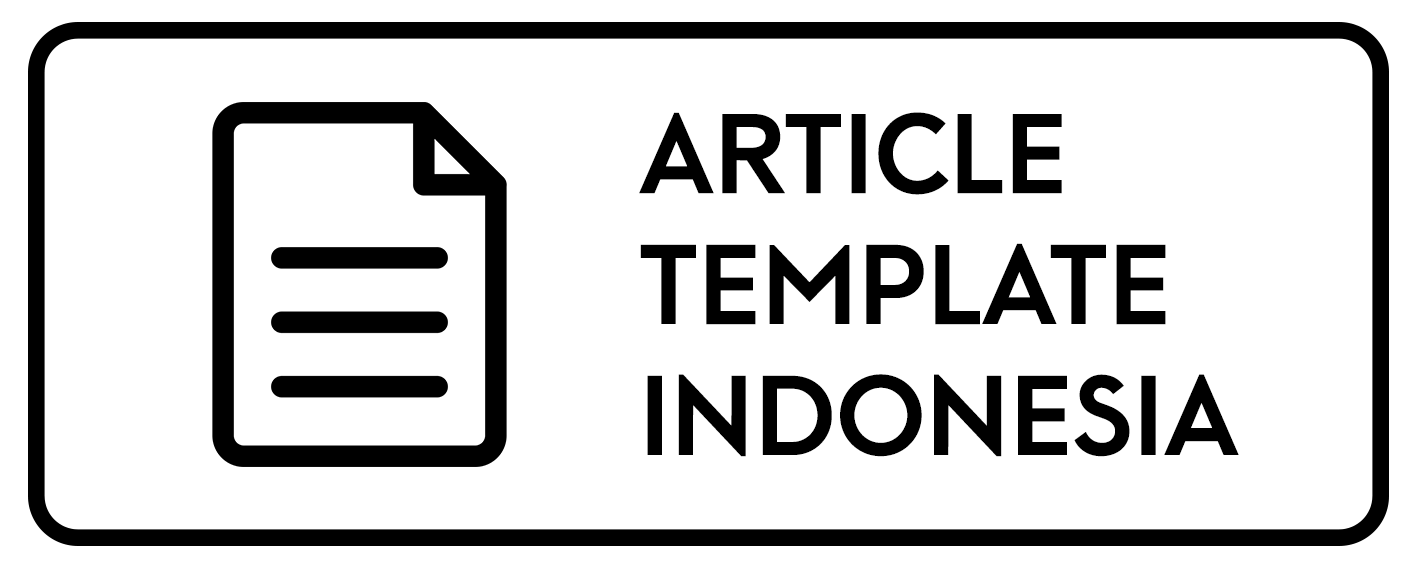The Effect of Supervisor's Supervision and Assessment of Teacher Performance on School Management Effectiveness (Study at Madrasah Ibtidaiyah Kemiri, Tangerang, Banten, Indonesia)
DOI:
https://doi.org/10.30872/jimpian.v2i1.568Keywords:
supervisor's supervision, teacher performance, management, schoolsAbstract
This study intends to discuss the effect of supervisor's supervision on the effectiveness of school management, the effect of evaluating teacher performance on the effectiveness of school management, as well as the influence of supervisor's supervision and teacher performance evaluation on the effectiveness of school management. This study was designed using quantitative research methods of multiple linear regression models. The population in this study 102 respondents. The researcher used 20% for research sampling. Additional data was collected through observation and interviews with the principal and the teacher. The results showed that Supervisor's Supervision and Teacher Performance Assessment had a simultaneous effect on Teacher Management, with the results of regression calculations in the form of F-count of 94,703 and F-value of 8,077, and the results of regression coefficient prove that these two independent variables have direct and good conformity and influence of 70.3% on Teacher Administration and 29.7% residuals.
Downloads
References
Arikunto, S. (2010). Research Procedur: A Praktialc Aproach. PT. Rineka Cipta.
Djam’an, S. (2001). Academic Supervision and Quality Assurance in School Education. Indonesia University Of Education.
Hasan, I. (2001). Principles of Research Methodology material. Erlangga Publisher.
Hasan. (2006). Data Analysis of Research with Statistics. Bumi Aksara.
Law No. 20 of 2003 Concerning the National Education System.
Masdjudi. (2002). Portfolio Assessment. Center for BPP Curriculum.
Permendiknas number 12 of 2007 concerning Supervisors and Teachers as guarantors of quality education.
PP No. 19 of 2005 concerning National Education Standards.
Pritana, N., & Sukamto, T. (2013). Teacher Professional Development. PT. Remaja Rosdakarya.
Regulation of the Minister of National Education Number 16 0f 2007 Concerning Scademic Qualification Standard and Teacher Competencies.
Sudjana, N. (2006). Quality Standards of Supervisors. Ministry of National Education.
Sugiyono. (2007). Statistic for Research. Alfabeta.
Sugiyono. (2012). Quantitative, Qualitative Research and R & D Methods. Alfabeta.
Syafaruddin. (2008). Effectiveness of Education Policy: Concepts, Strategies, and Application of Policies Towards Effective School Organizations. Rineka Cipta.
Tabrani & Lalan, R. (2012). Building an Educational Quality Assurance System. PT. Remaja Rosdakarya.
Downloads
Published
How to Cite
Issue
Section
License
|
|
Every work in Jurnal Ilmu Manajemen dan Pendidikan is licensed under a Creative Commons Attribution-ShareAlike 4.0 International License.
Under the following terms:
- Attribution — You must give appropriate credit , provide a link to the license, and indicate if changes were made . You may do so in any reasonable manner, but not in any way that suggests the licensor endorses you or your use.
- ShareAlike — If you remix, transform, or build upon the material, you must distribute your contributions under the same license as the original.
- No additional restrictions — You may not apply legal terms or technological measures that legally restrict others from doing anything the license permits.
Authors who publish with this journal agree to the following terms:
- Authors retain copyright and grant the journal right of first publication with the work simultaneously licensed under a CC BY-SA 4.0 DEED Attribution-ShareAlike 4.0 International that allows others to share the work with an acknowledgment of the work's authorship and initial publication in this journal.
- Authors are able to enter into separate, additional contractual arrangements for the non-exclusive distribution of the journal's published version of the work (e.g., post it to an institutional repository or publish it in a book), with an acknowledgment of its initial publication in this journal.
- Authors are permitted and encouraged to post their work online (e.g., in institutional repositories or on their website) prior to and during the submission process, as it can lead to productive exchanges, as well as earlier and greater citation of published work.













